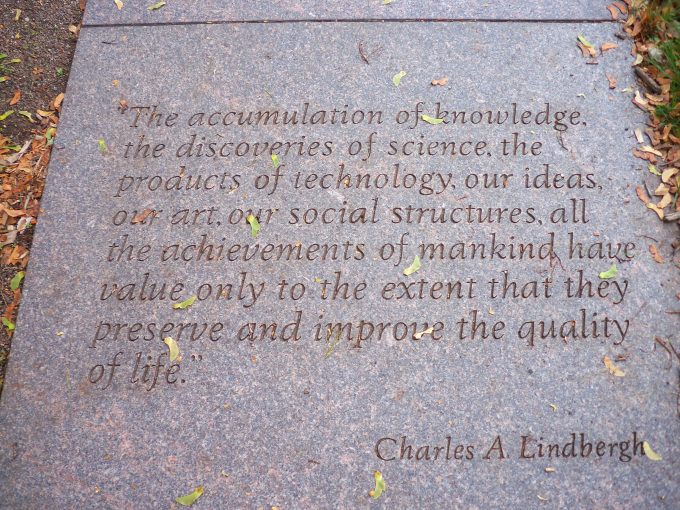
Friday, 11 August 2017
For this we say to you by the word of the Lord, that we who are alive and remain until the coming of the Lord will by no means precede those who are asleep. 1 Thessalonians 4:15
“For this we say to you” is given to build upon the words of verses 13 and 14. Paul has made statements which pertain to those who have died, and to the future concerning them as well. Those in Thessalonica could say, “What is he talking about? How could he know these things? He is just saying this to give us comfort in our sorrow, but it cannot be true.” This is certainly a possibility, and so the words “For this we say to you” will then be built upon with, “by the word of the Lord.”
Paul claims direct inspiration from the Lord in this. There is nothing else in Scripture which matches what he says here. In other words, it cannot be said that he is simply repeating a previous thing found elsewhere in Scripture. Nor is this something that was passed on to him through a third party. Instead, he is explicitly stating that he was instructed by the Lord. It is the word of the Lord bearing the full authority of the Lord, and it is now being transmitted to the believers at Thessalonica (and thus to us!).
Understanding this, he continues with this “word of the Lord” by saying, “that we who are alive and remain until the coming of the Lord.” There is a time when the Lord will return. That is as sure as anything to be found in Scripture. The exact time is left unstated, and the way which He will return has to be fleshed out of several passages in Scripture, including Paul’s words here. He is certainly returning again. But He isn’t just coming back to an empty world, or a world devoid of believers. Rather, there will be believers on earth waiting for Him. This is what it means when He says “that we who are alive and remain.”
Understanding this, Paul’s words which include the word “we” in no way implies that Paul expected this to occur in his own life. It was probably a hope of his, but the words must be taken generally. For all he knew, he could die that day. The timing of one’s life is up to the Lord. And so Paul is speaking as a broad picture of the coming of the Lord for whatever Christians were alive at that time, not specifically for a time he himself would participate in. Further, the words “who are alive and remain,” indicates that the timing is an unknown thing. It was unknown to Paul; it remains unknown to all to this day.
From there, he then goes on to explain, that those who are alive when He comes, “will by no means precede those who are asleep.” The words here have a strong emphasis on the negative. The Greek reads, “remaining unto the coming of the Lord no not shall precede those who have fallen asleep.”
This emphasis shows two things to the anxious Thessalonians. First, those who have died will be quickened first. There is no reason for the confusion someone introduced into their minds that they would not participate in this first resurrection. Secondly, there was to be no fear for those who were facing death that they would be included in the first category and somehow miss the blessed return of Jesus. In fact, just the opposite is true. Those who have died in Christ would receive the honor of being quickened first!
Life application: We may mourn over the loss of a loved one who is in Christ, but we can also rejoice that they will have the honor of being raised to new life before we who are left alive at His coming. Isn’t an extra moment of seeing the Lord’s face worth more than all the riches we possess? Certainly it is so. We should rejoice for their gain, even in our loss.
Lord God, though we weep at the side of a believer in Christ who has passed on, we should also rejoice for them. They will have an honor that those who are alive at Your coming will not have. They shall be raised unto their eternal life before those still alive. They will hear Your call, and they will be glorified. Only then will those who remain be changed. And one moment of beholding Your glory is worth more than all the earth’s riches. In the sadness of our loss, we should also rejoice in the gain they possess. Thank You for tending to Your people so carefully. Amen.
